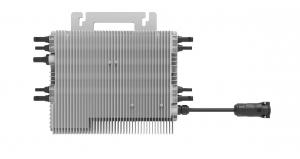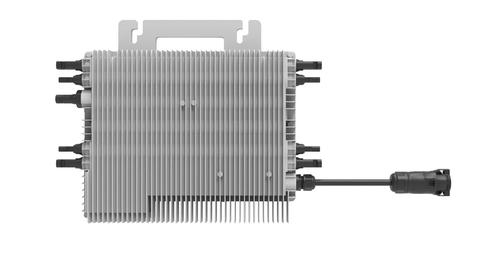2000w deye Microinverters with US certificates from Panama's warehouse.
- Loading Port:
- China main port
- Payment Terms:
- TT OR LC
- Min Order Qty:
- 50 pc
- Supply Capability:
- 5000 pc/month
OKorder Service Pledge
Quality Product, Order Online Tracking, Timely Delivery
OKorder Financial Service
Credit Rating, Credit Services, Credit Purchasing
You Might Also Like
Specification
Output Power:
2000w
Inveter Efficiency:
96.5%
Output Voltage(V):
220/230 0.85Un-1.1Un
Input Voltage(V):
42.5V
Output Current(A):
18+18+18+18
Output Frequency:
50/45-55, 60/55-65
Specification:
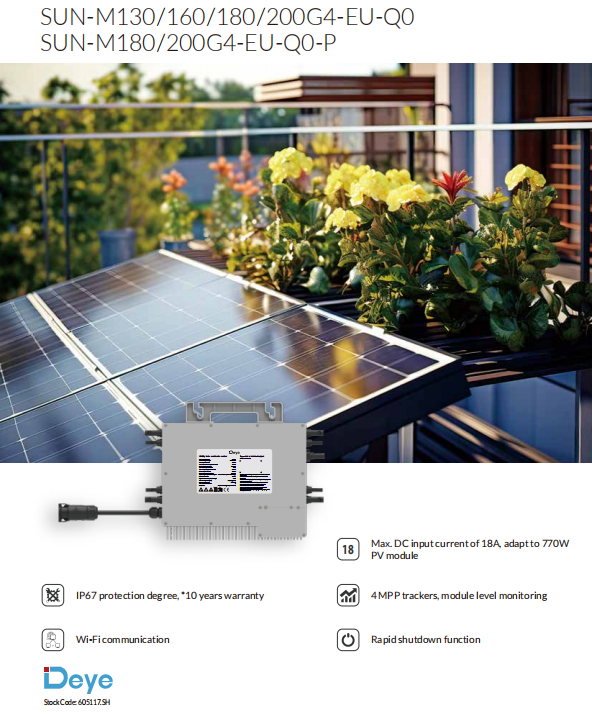
Application:
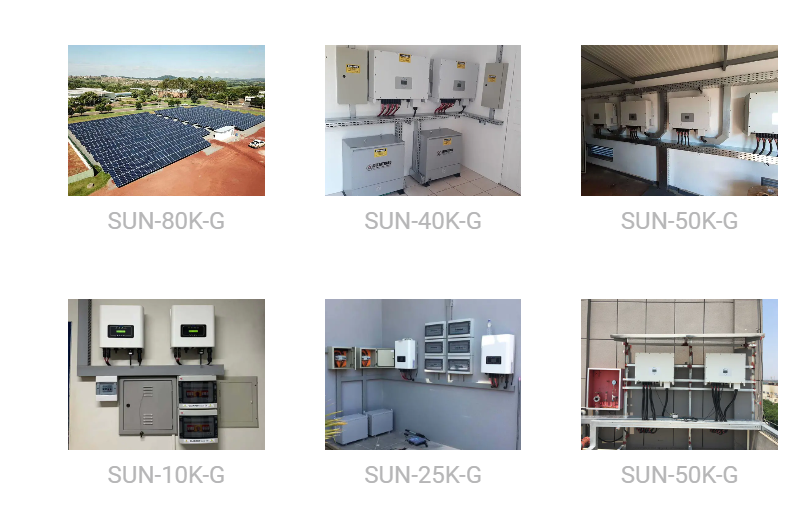
Company:
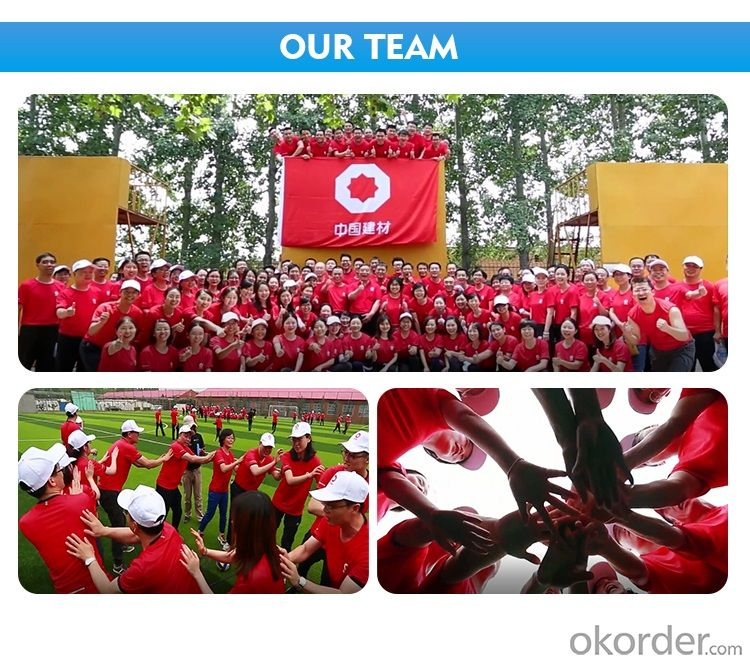
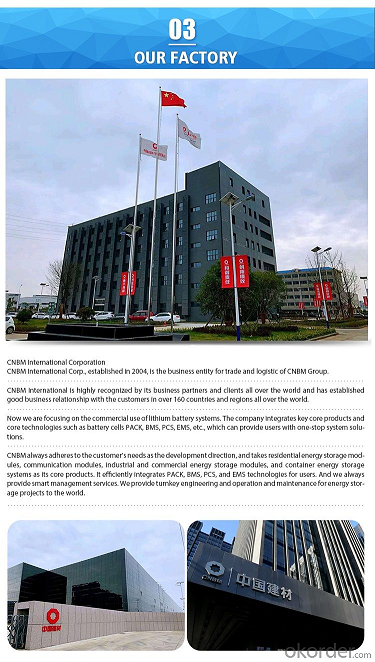
RFQ:
1.Are these products all from deye factory ?
Yes
2.Is this CNBM's Panama overseas warehouse
Yes
3.Are these goods from the bonded warehouse in Panama?
Yes
- Q: How efficient are solar inverters?
- Solar inverters are highly efficient, typically converting around 95% to 98% of the direct current (DC) power generated by solar panels into usable alternating current (AC) electricity.
- Q: How does a solar inverter handle grid voltage variations?
- A solar inverter is equipped with a voltage regulation mechanism that allows it to handle grid voltage variations. It continuously monitors the grid voltage and adjusts the output voltage of the inverter accordingly to ensure a stable and consistent supply of electricity. This regulation mechanism helps to protect the inverter and the connected solar panels from any potential damage that may occur due to fluctuations in the grid voltage.
- Q: How does shade affect the performance of a solar inverter?
- Shade significantly impacts the performance of a solar inverter by reducing the overall energy production. When a solar panel is partially shaded, it creates multiple voltage levels throughout the array, leading to a decrease in the overall power output. This shading effect causes the inverter to work inefficiently as it struggles to optimize energy conversion. Consequently, shade can significantly hinder the performance and efficiency of a solar inverter.
- Q: Can a solar inverter be used with solar-powered emergency backup systems?
- Yes, a solar inverter can be used with solar-powered emergency backup systems. A solar inverter is an essential component in converting the direct current (DC) generated by solar panels into alternating current (AC) that can be used to power appliances and devices. By connecting the solar inverter to a solar-powered emergency backup system, the excess solar energy can be stored in batteries or fed back into the grid, providing a reliable source of electricity during power outages or emergencies.
- Q: Can a solar inverter be used in regions with high levels of electromagnetic interference?
- Yes, a solar inverter can be used in regions with high levels of electromagnetic interference. However, it is important to ensure that the inverter is properly shielded and meets the necessary electromagnetic compatibility standards to minimize any potential disruptions or malfunctions caused by the interference.
- Q: How does a solar inverter communicate with other devices?
- A solar inverter communicates with other devices through various communication protocols such as Wi-Fi, Bluetooth, Ethernet, or RS485. These protocols allow the inverter to connect and exchange information with devices such as monitoring systems, smart meters, or home automation systems. This communication enables real-time monitoring, data logging, and control of the solar energy system.
- Q: What is a solar inverter?
- A solar inverter is an essential component of a solar power system that converts the direct current (DC) generated by solar panels into alternating current (AC) electricity suitable for use in households and businesses. It ensures optimal performance and connectivity between the solar panels and the electrical grid, allowing for efficient utilization of solar energy.
- Q: What is the maximum power output of a solar inverter?
- The maximum power output of a solar inverter depends on its capacity and specifications. It can range from a few hundred watts to several kilowatts for residential inverters, and even higher for commercial or utility-scale inverters.
- Q: Can a solar inverter be used in regions with high humidity or moisture levels?
- Yes, solar inverters can be used in regions with high humidity or moisture levels. However, it is important to ensure that the inverter is designed and rated for such conditions. The inverter should have adequate protection against moisture, such as being IP65 rated or higher, to prevent any damage or malfunctions due to humidity or moisture.
- Q: How does a solar inverter provide ground fault protection?
- A solar inverter provides ground fault protection by continuously monitoring the flow of electricity between the solar panels and the electrical grid. If it detects any abnormal or excessive current leakage to the ground, it quickly shuts off the flow of electricity to prevent electrical hazards, such as electric shocks or electrical fires.
Send your message to us
2000w deye Microinverters with US certificates from Panama's warehouse.
- Loading Port:
- China main port
- Payment Terms:
- TT OR LC
- Min Order Qty:
- 50 pc
- Supply Capability:
- 5000 pc/month
OKorder Service Pledge
Quality Product, Order Online Tracking, Timely Delivery
OKorder Financial Service
Credit Rating, Credit Services, Credit Purchasing
Similar products
Hot products
Hot Searches
Related keywords
